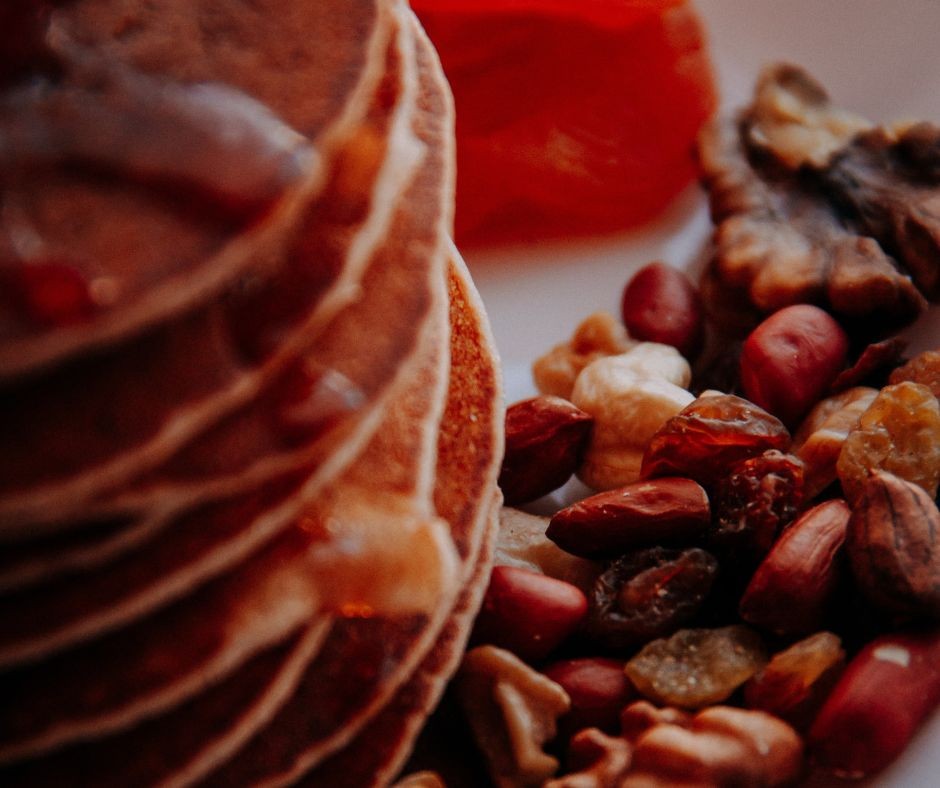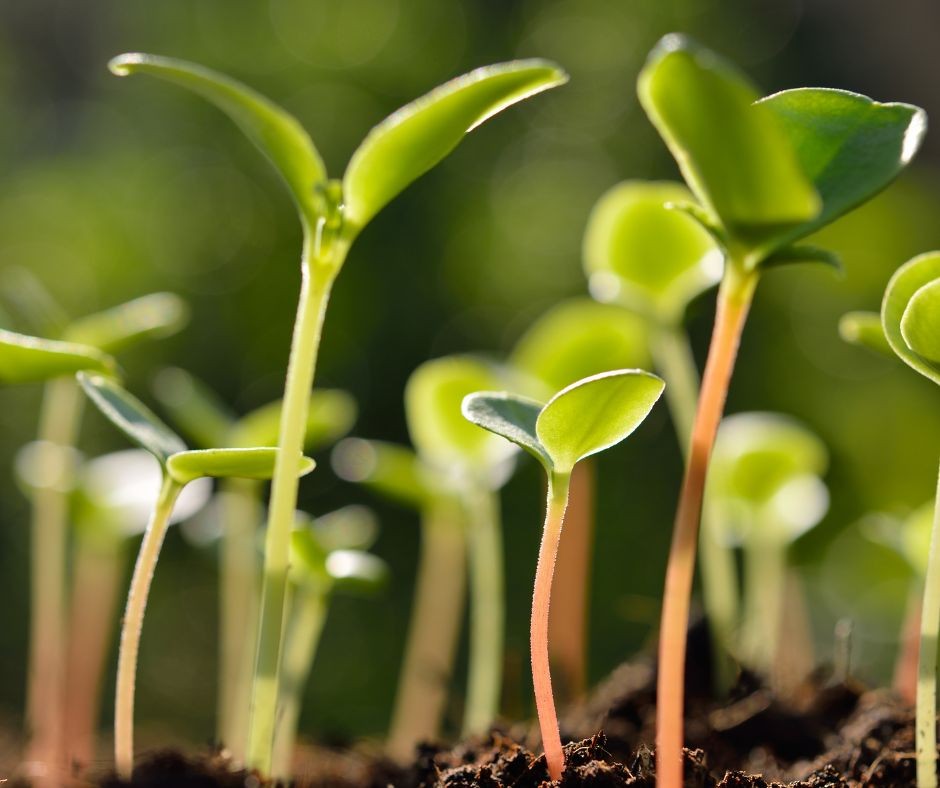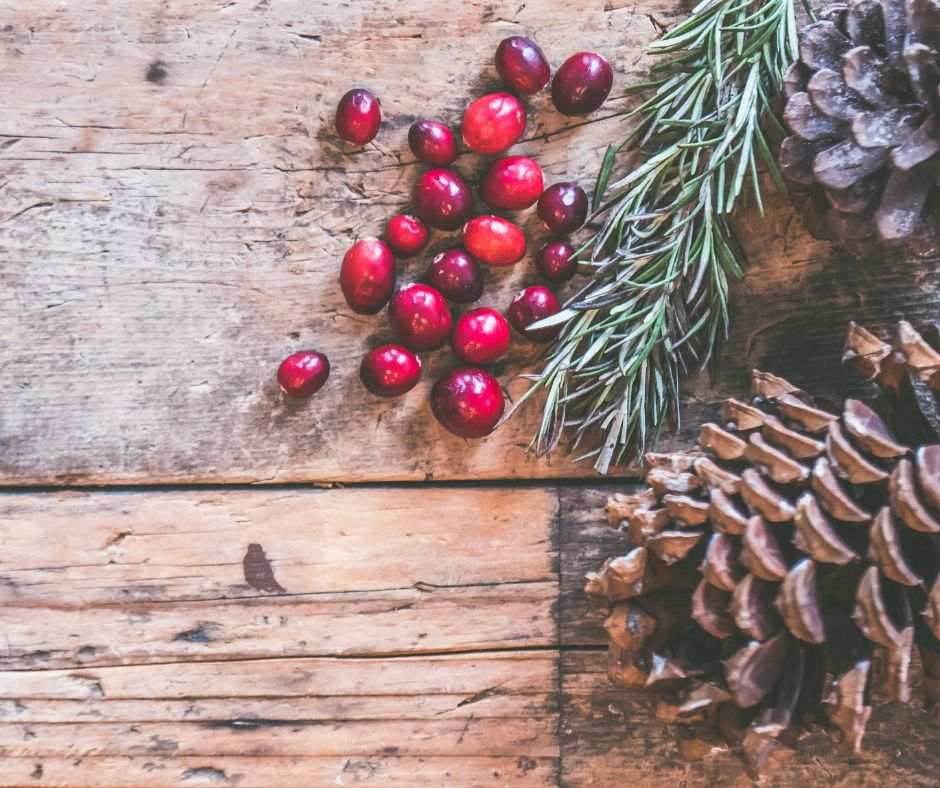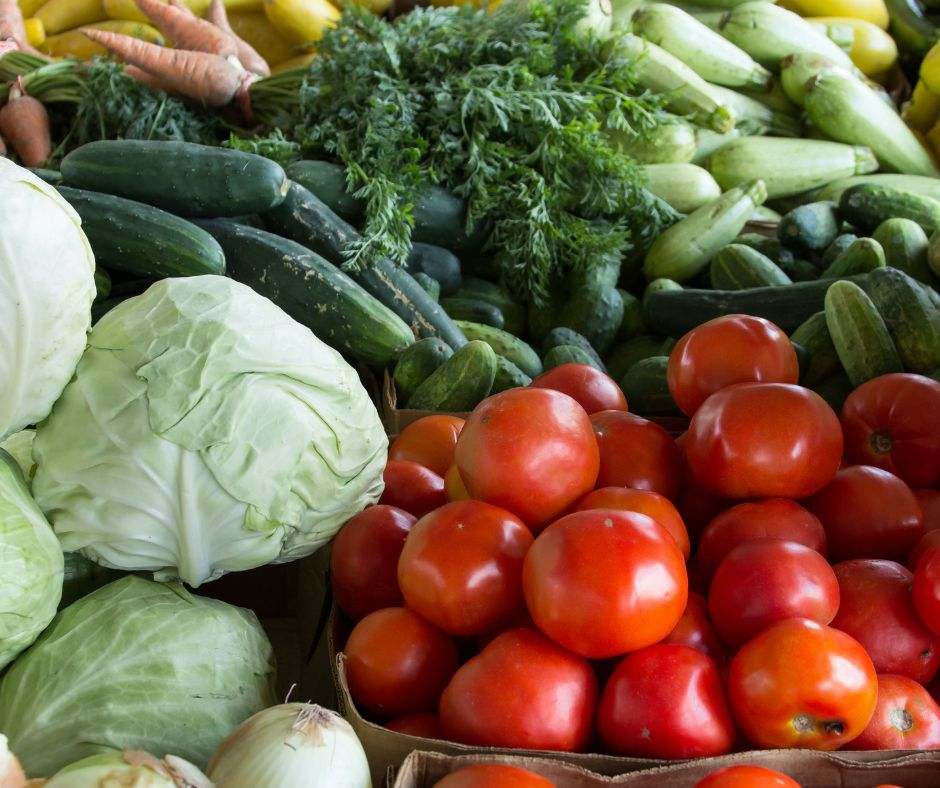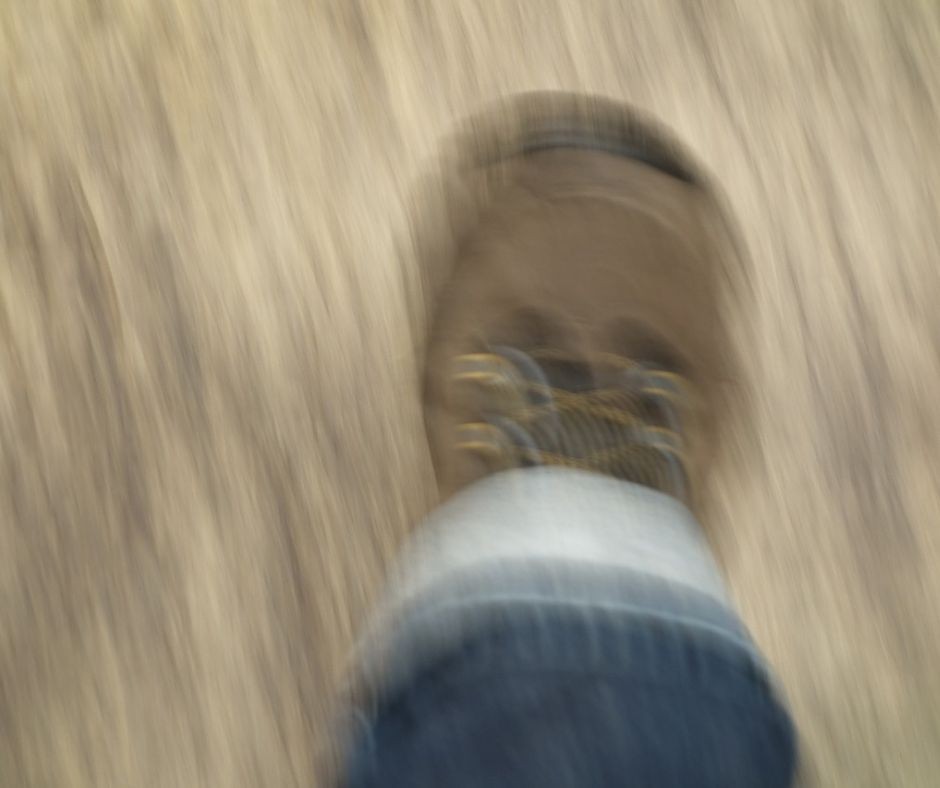Ayurveda is a holistic system of medicine from India and is the sister science of yoga. The principal aim in Ayurveda is creating wellbeing through balance. Balance is accomplished through food and lifestyle guidance, and attention to a persons unique constitution.
A persons constitution is determined though the presence of the five elements. The five elements exist in nature and each of the five elements have an influence. The five elements in Ayurveda are a little different than the five elements in Traditional Chinese Medicine.
In Ayurveda, different combinations of elements create what are called the “doshas” or body types. Each dosha has unique characteristics. The three primary doshas are vata, pitta and kapha. Below you’ll find a brief explanation of each dosha.
Vata Dosha:
Vata people tend to be thin, dry, and cold. Vatas think fast and are very changeable. Because vatas are creative and excitable they can become easily depleted and anxious if they don’t have proper grounding.
Vata people need routine; especially in sleep and diet. Foods that are especially helpful for vata types include warming and and heavier foods such as soups, cooked vegetables, healthy oils and dairy products.
Think you have too much vata? Use this meditation to pause and relax.
Kapha Dosha:
Kapha people move slower than the other types, but they’re grounded and reliable. They generally have larger body types and good stamina.
When kapha people are out of balance they tend towards mucus congestion or digestive sluggishness (referred to as “damp” in Chinese Medicine). To counter this tendency Kapha people benefit from movement and pungent foods.
To counteract kapha try these spring practices.
Pitta Dosha:
Pitta people generally have a medium build and reddish complexions. They tend to be driven and focused but can also be easily angered and tend towards perfectionism.
Because pitta people tend to have a lot of “heat” they can be prone to inflammatory conditions (rashes, ulcers etc), and tend towards overwork. Remedies that would help balance heat in pitta types would be to decrease heating food like stimulants, alcohol, and spicy food, and increase cooling activities and foods like aloe, raw vegetables, and meditation.
Cool off pitta with this loving kindness meditation.
Almost every person has a combination of doshas, so chances are you express traits from multiple categories. It can however, be helpful to notice if one dosha seems to be more predominate. By making small changes to balance the doshas you have the opportunity to profoundly affect your health!


